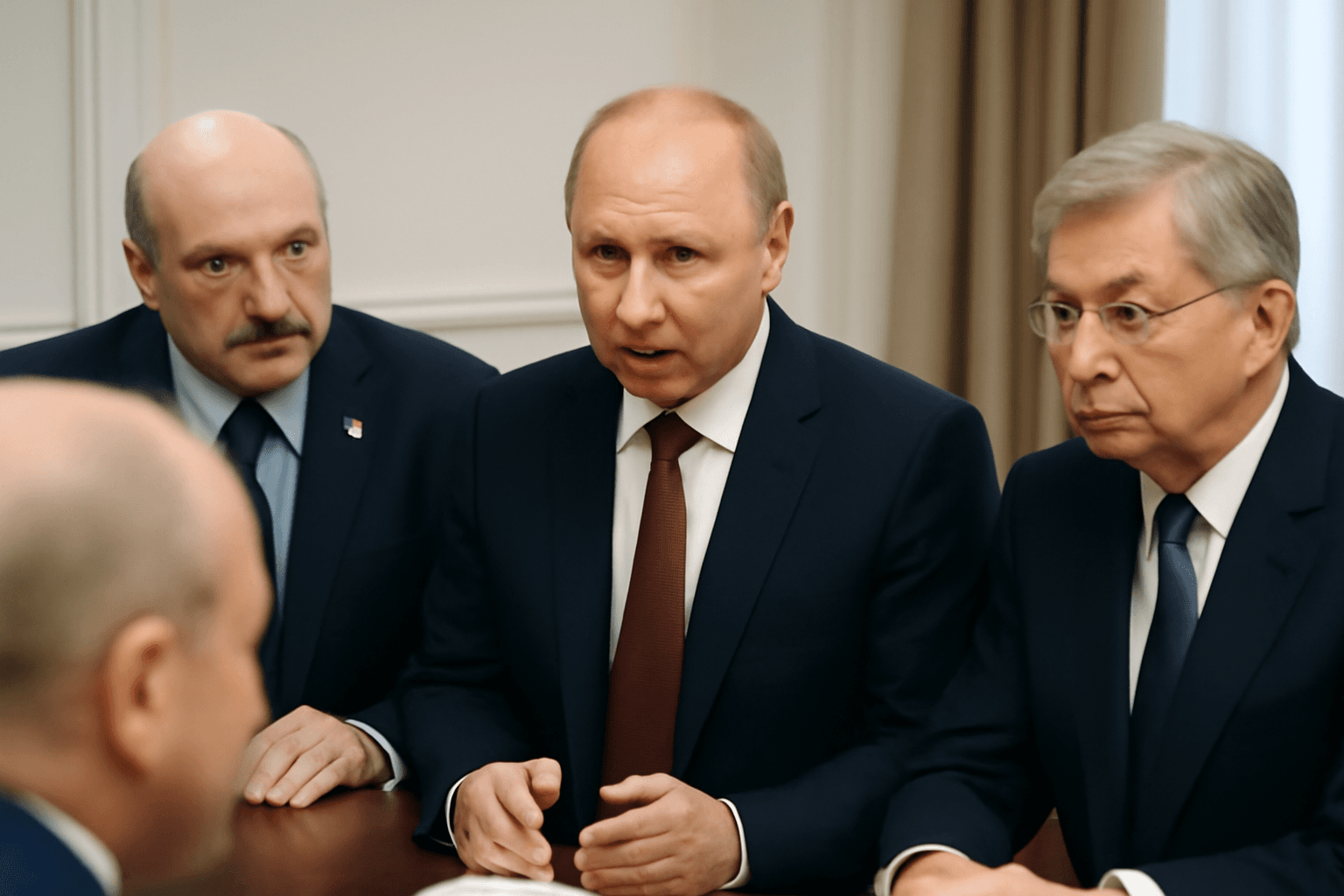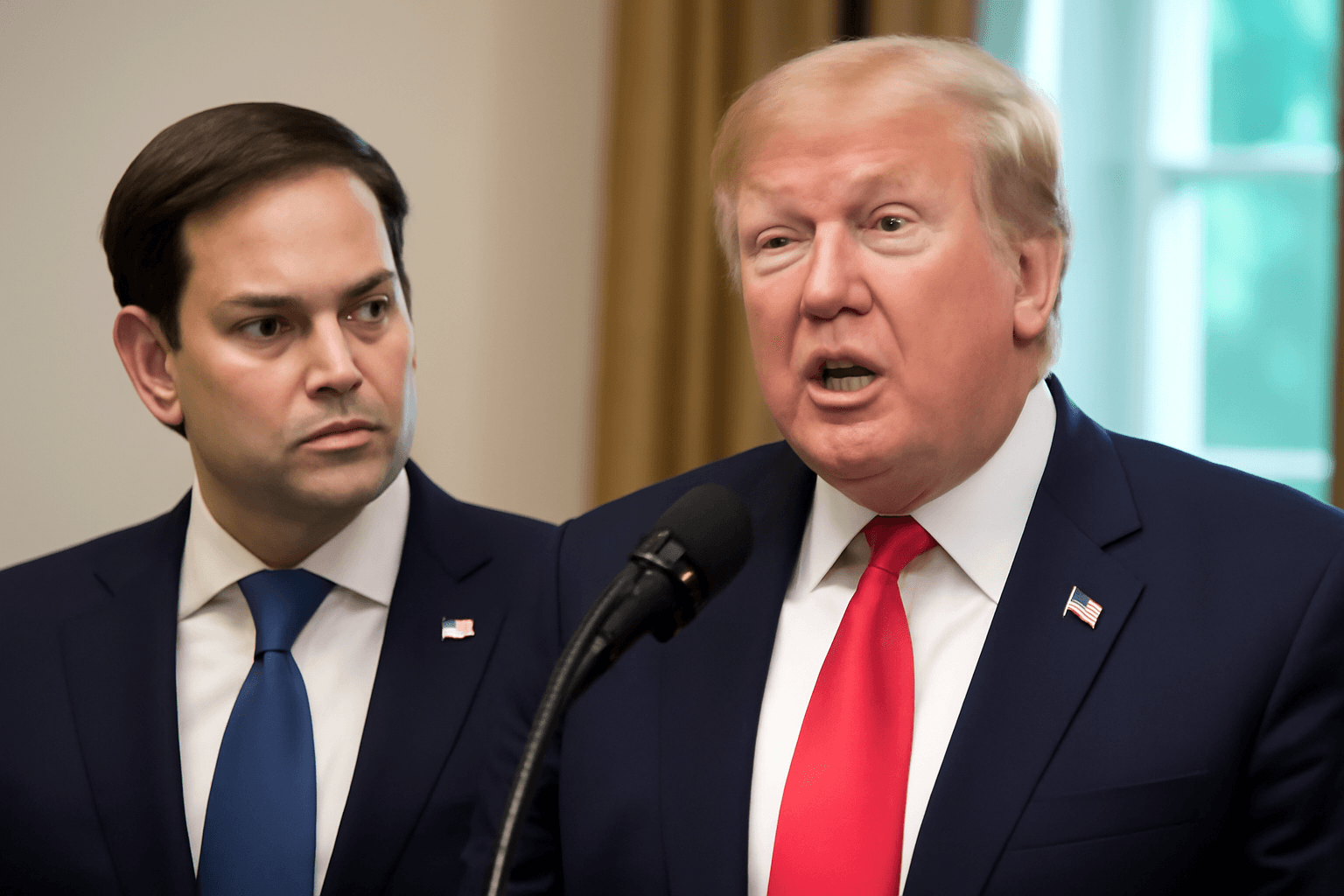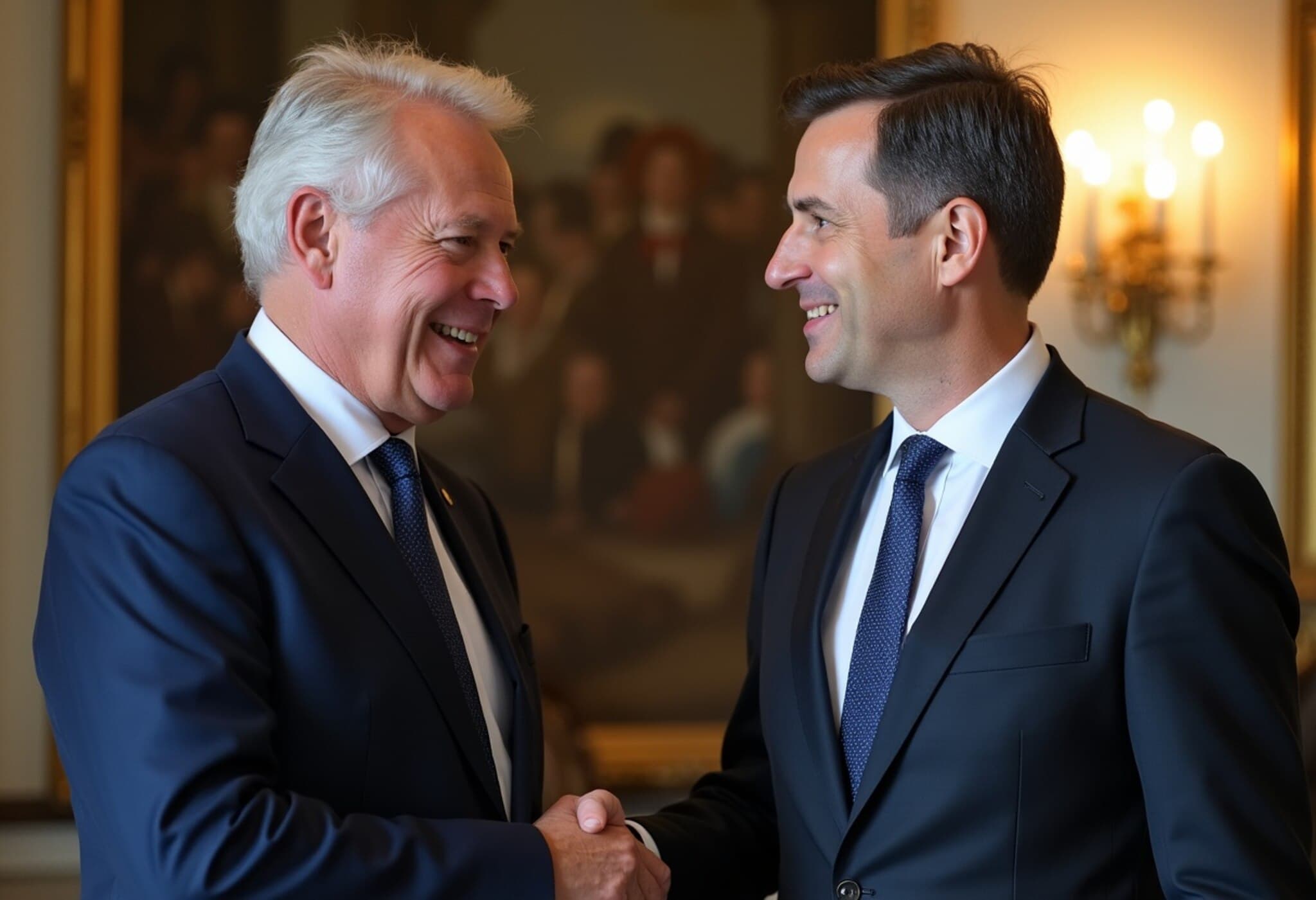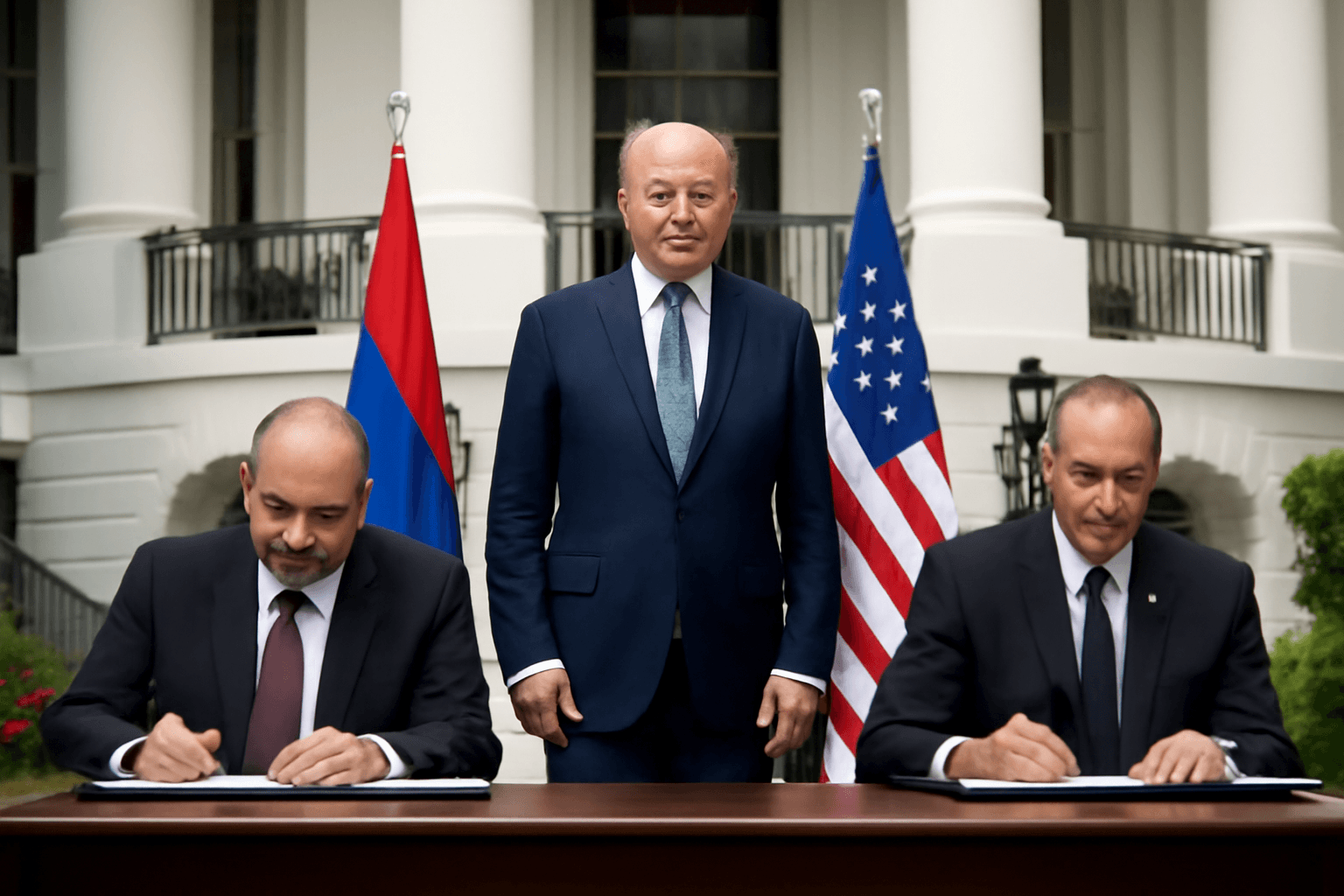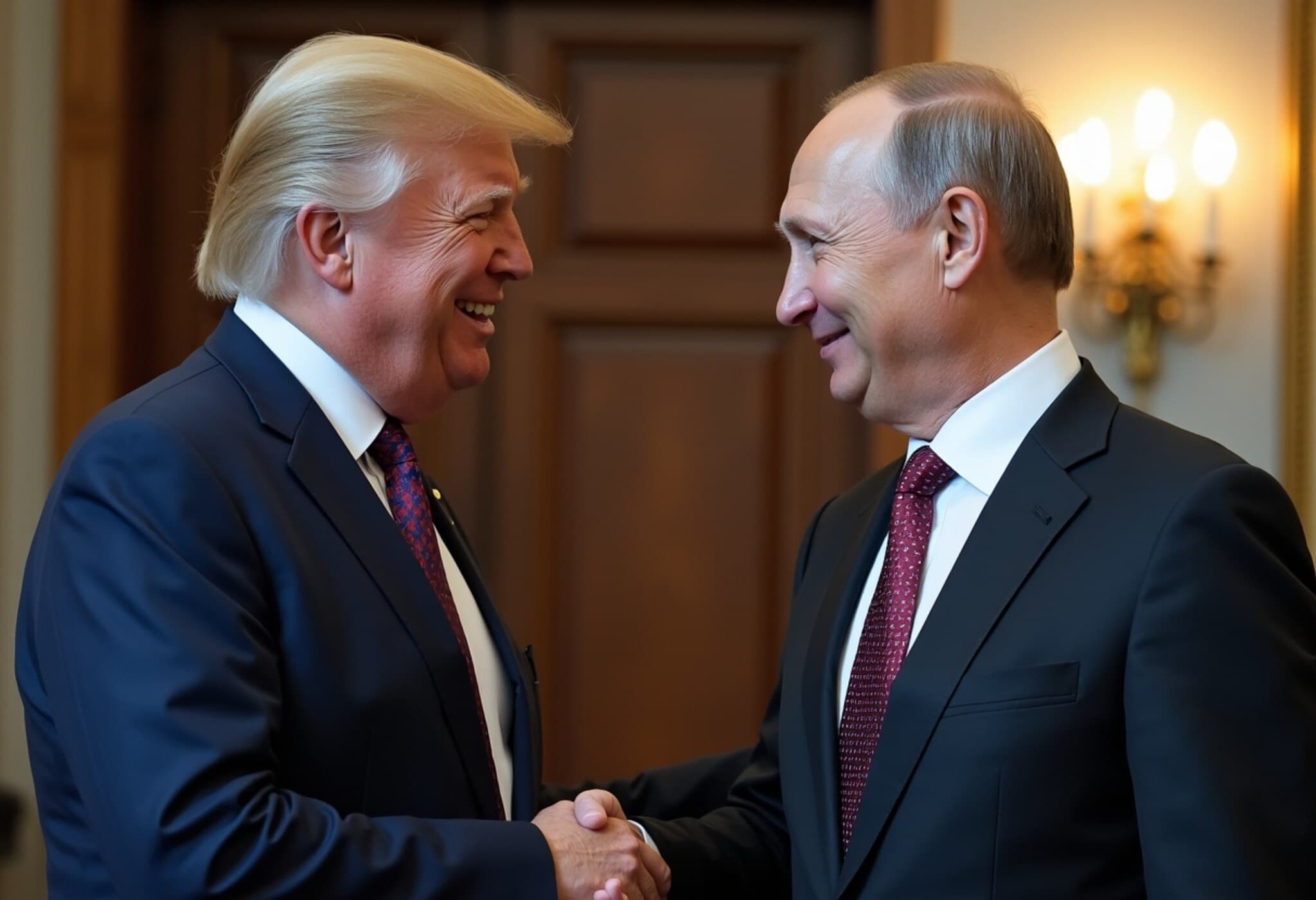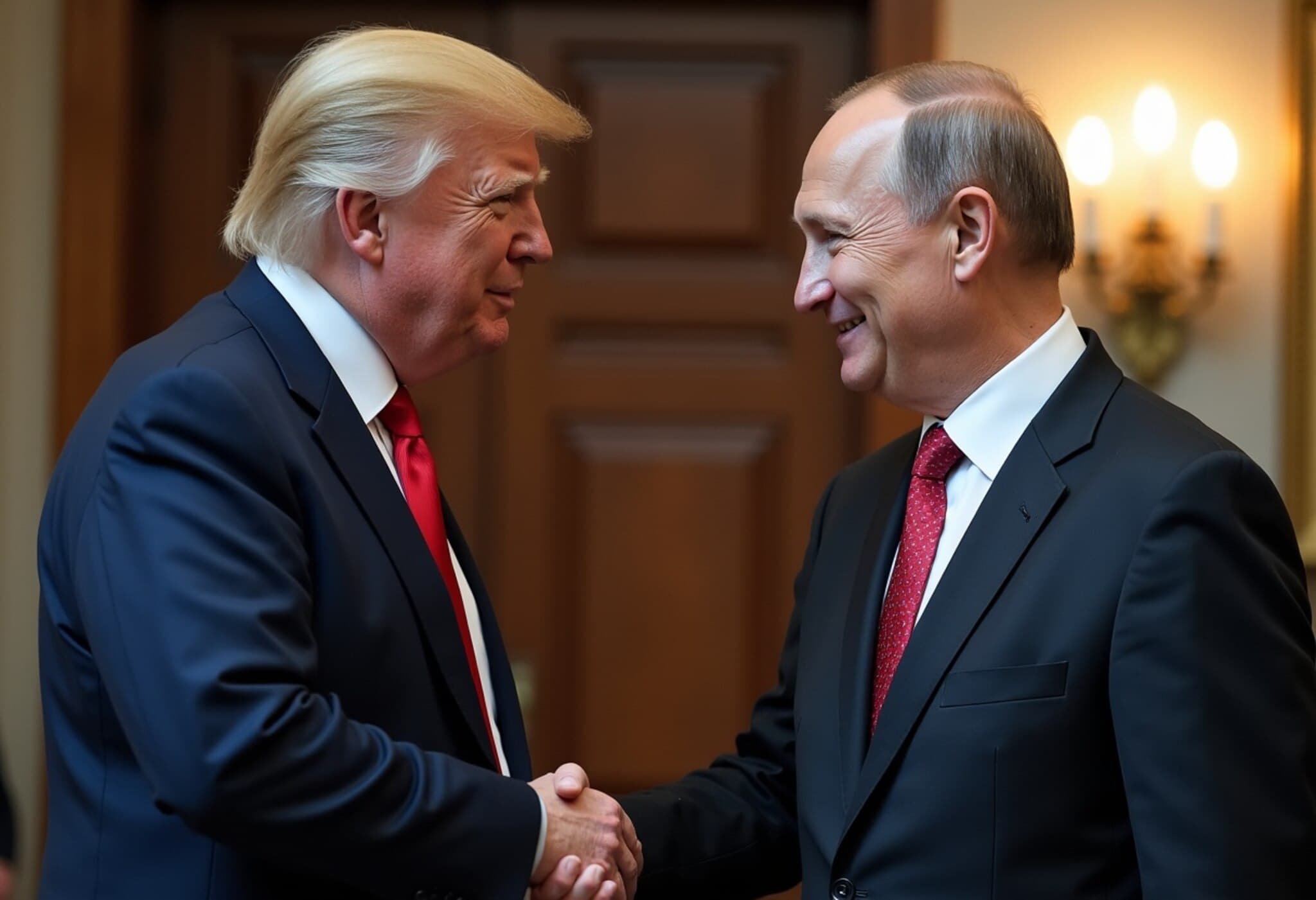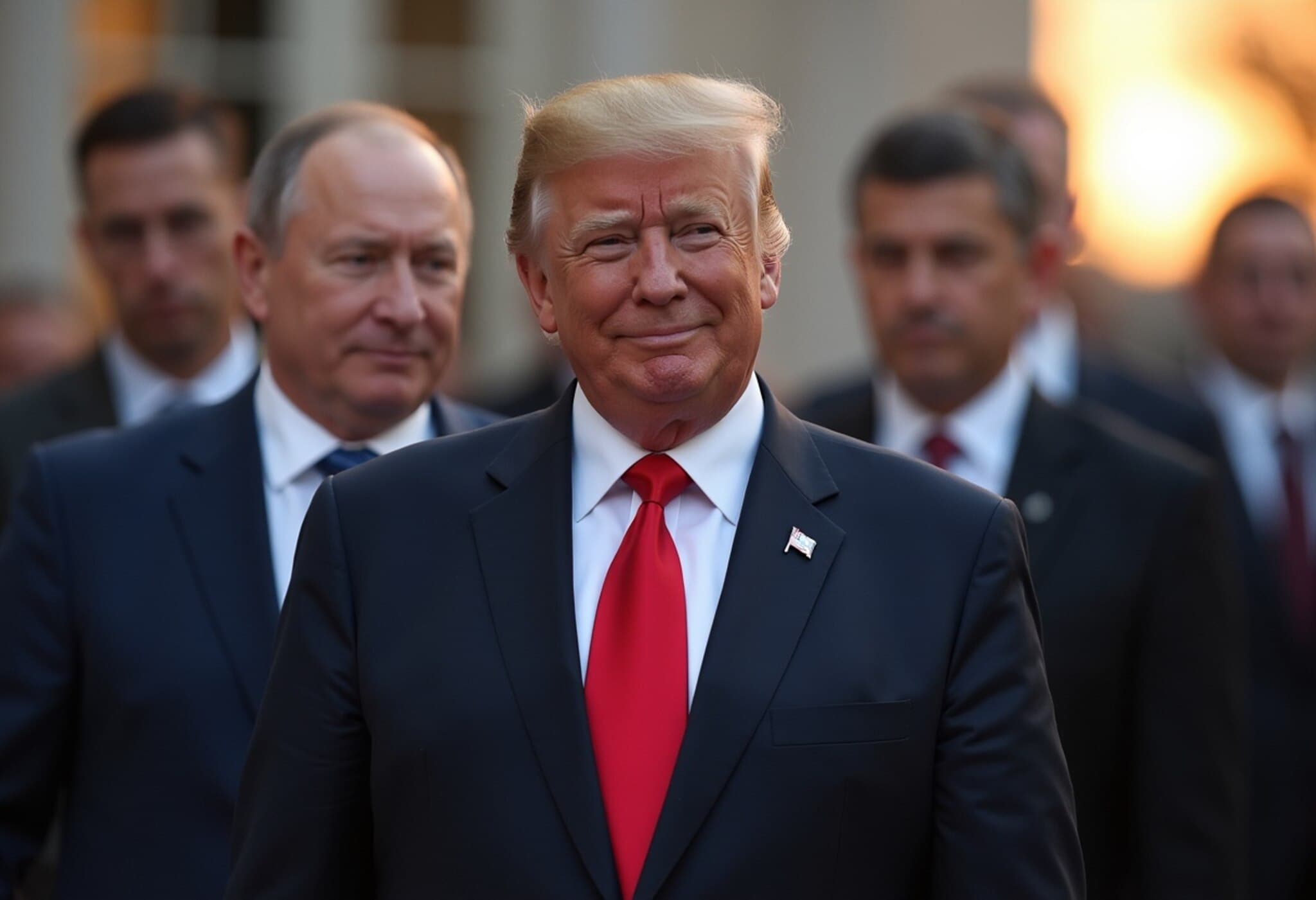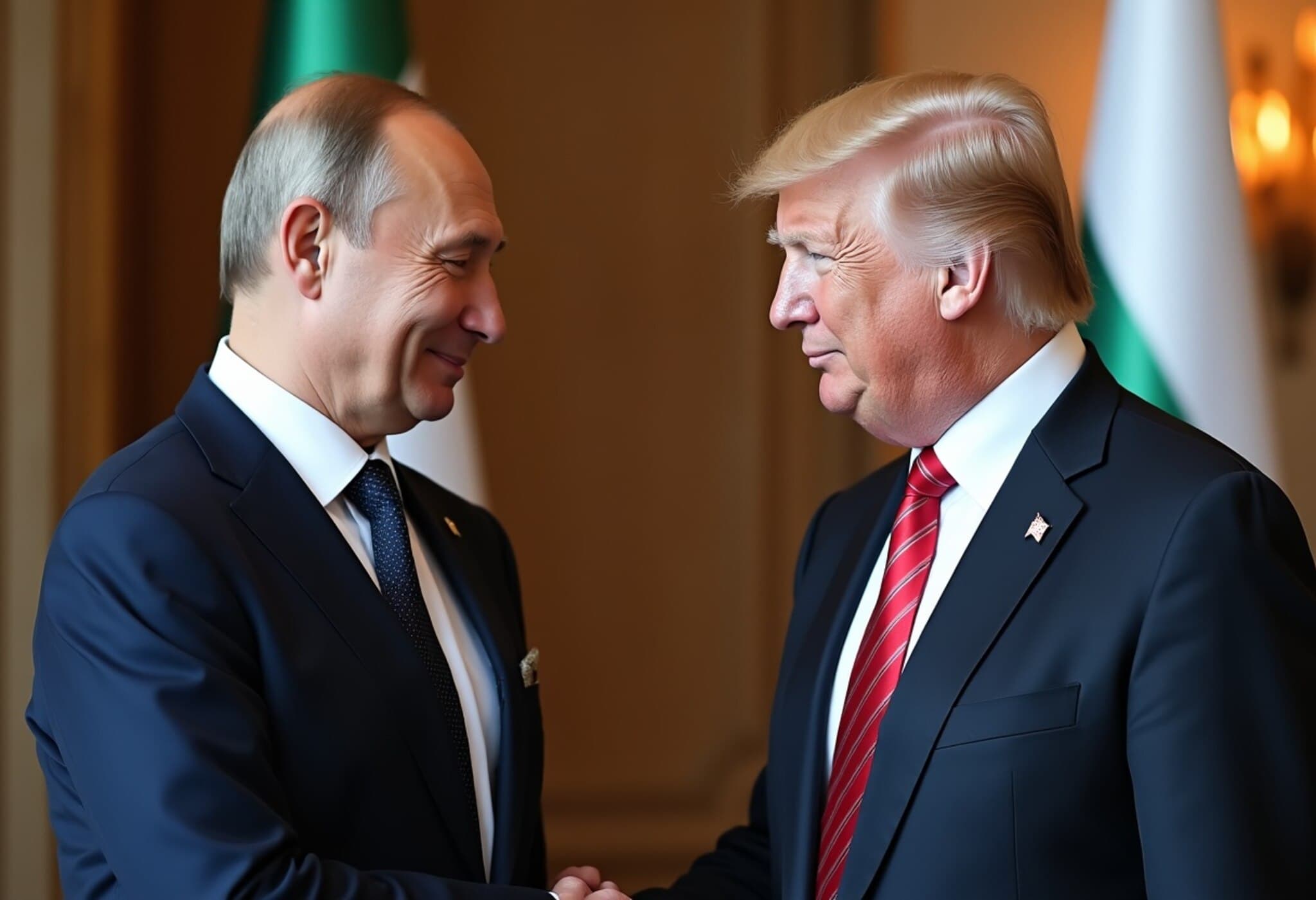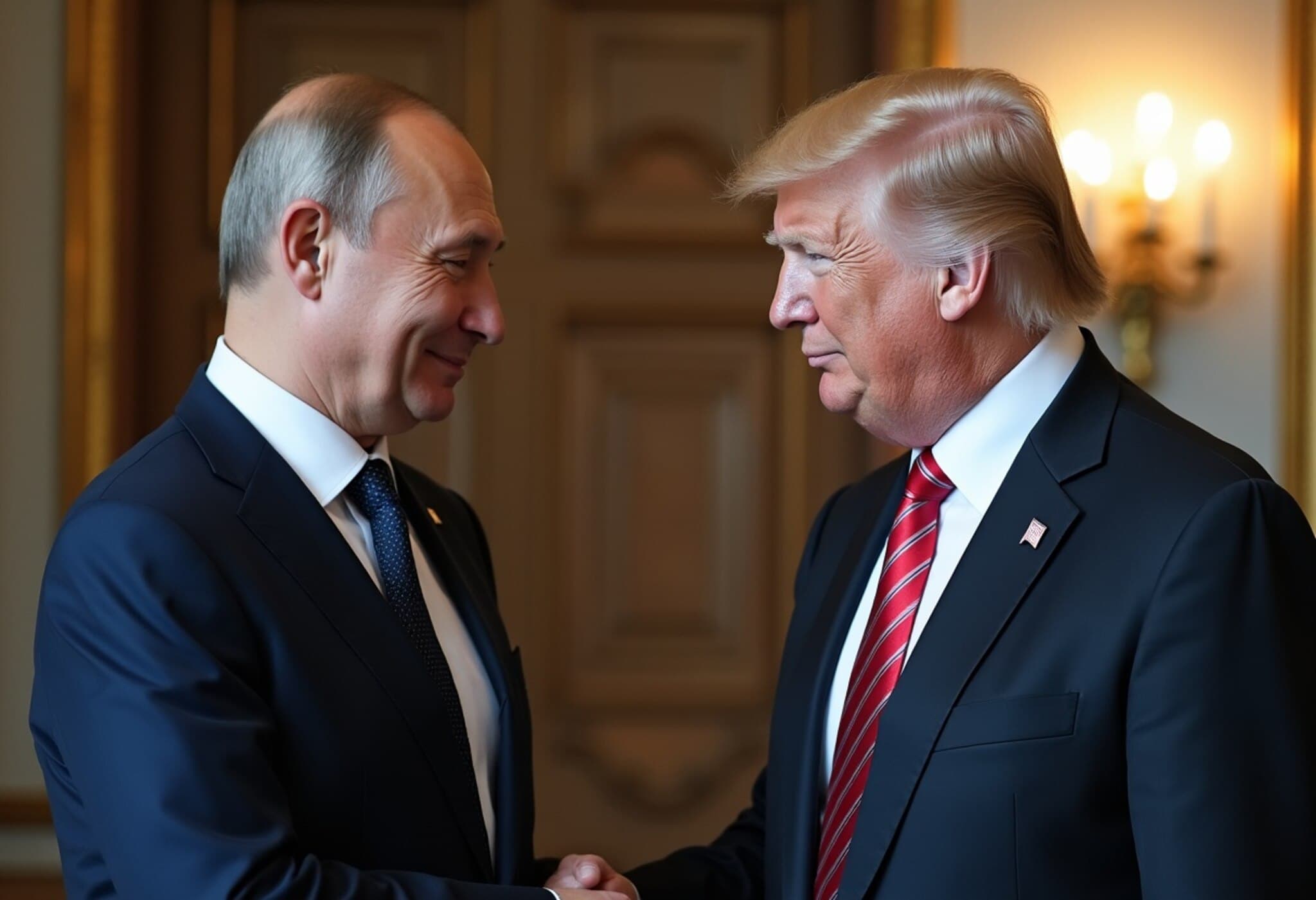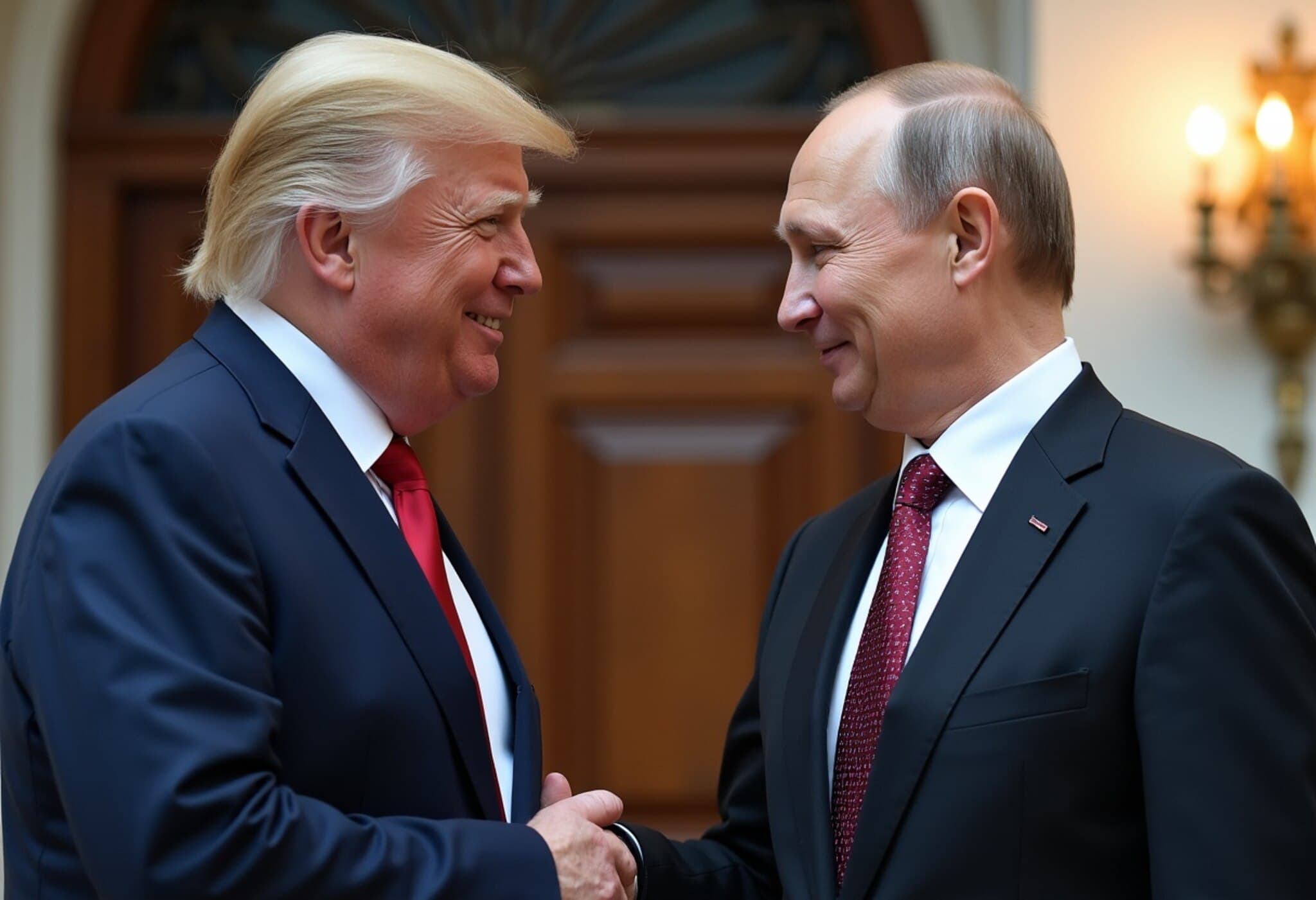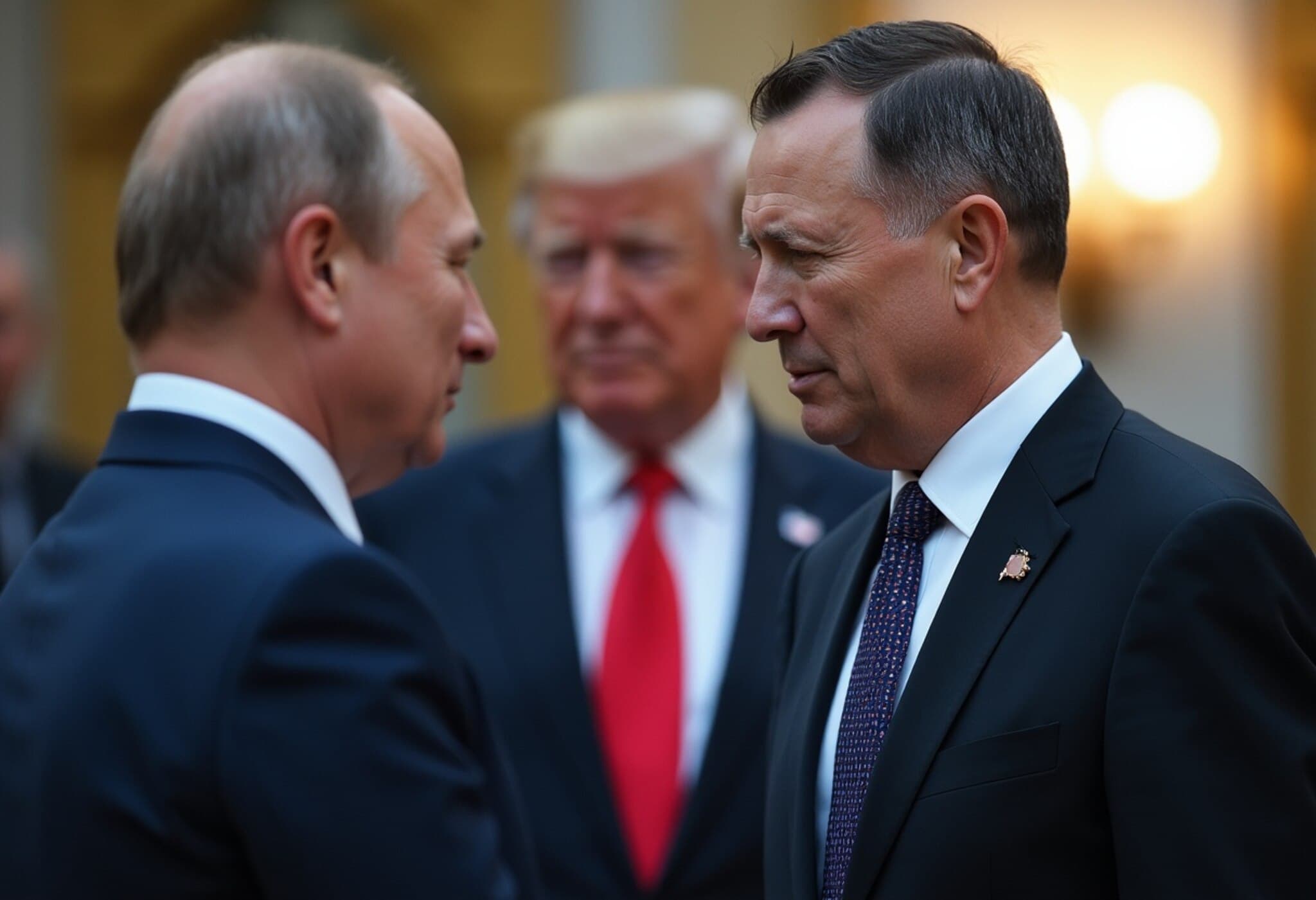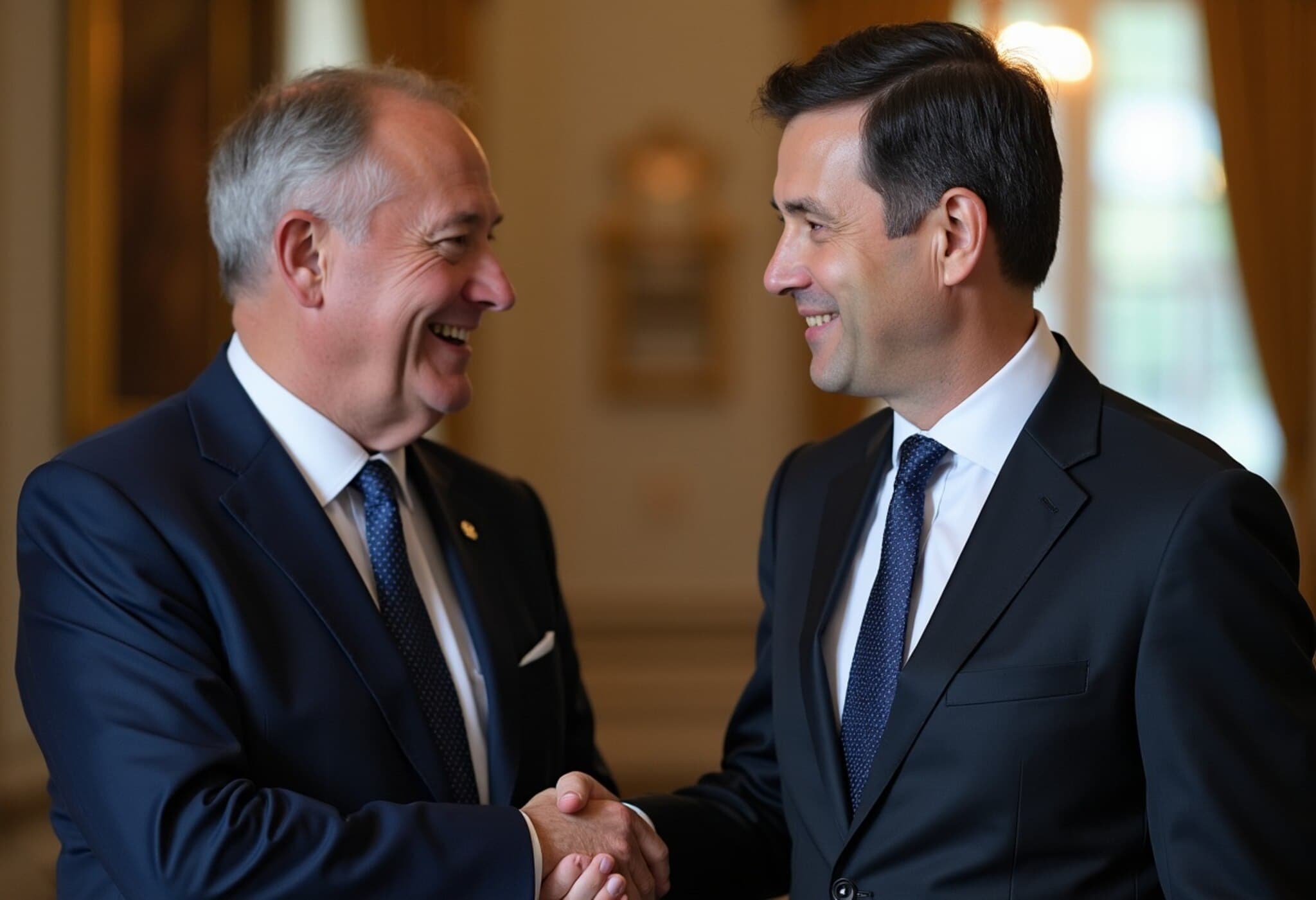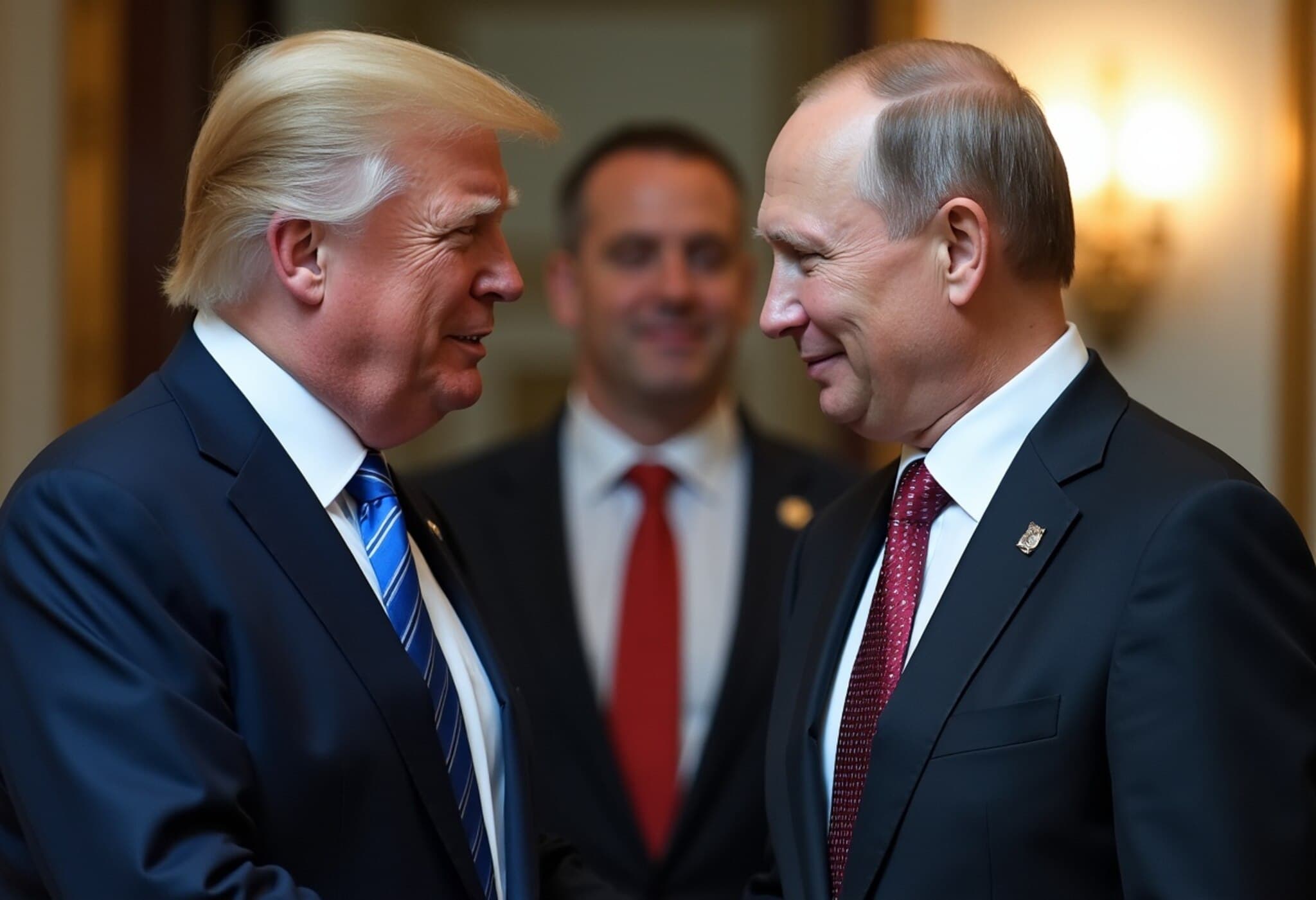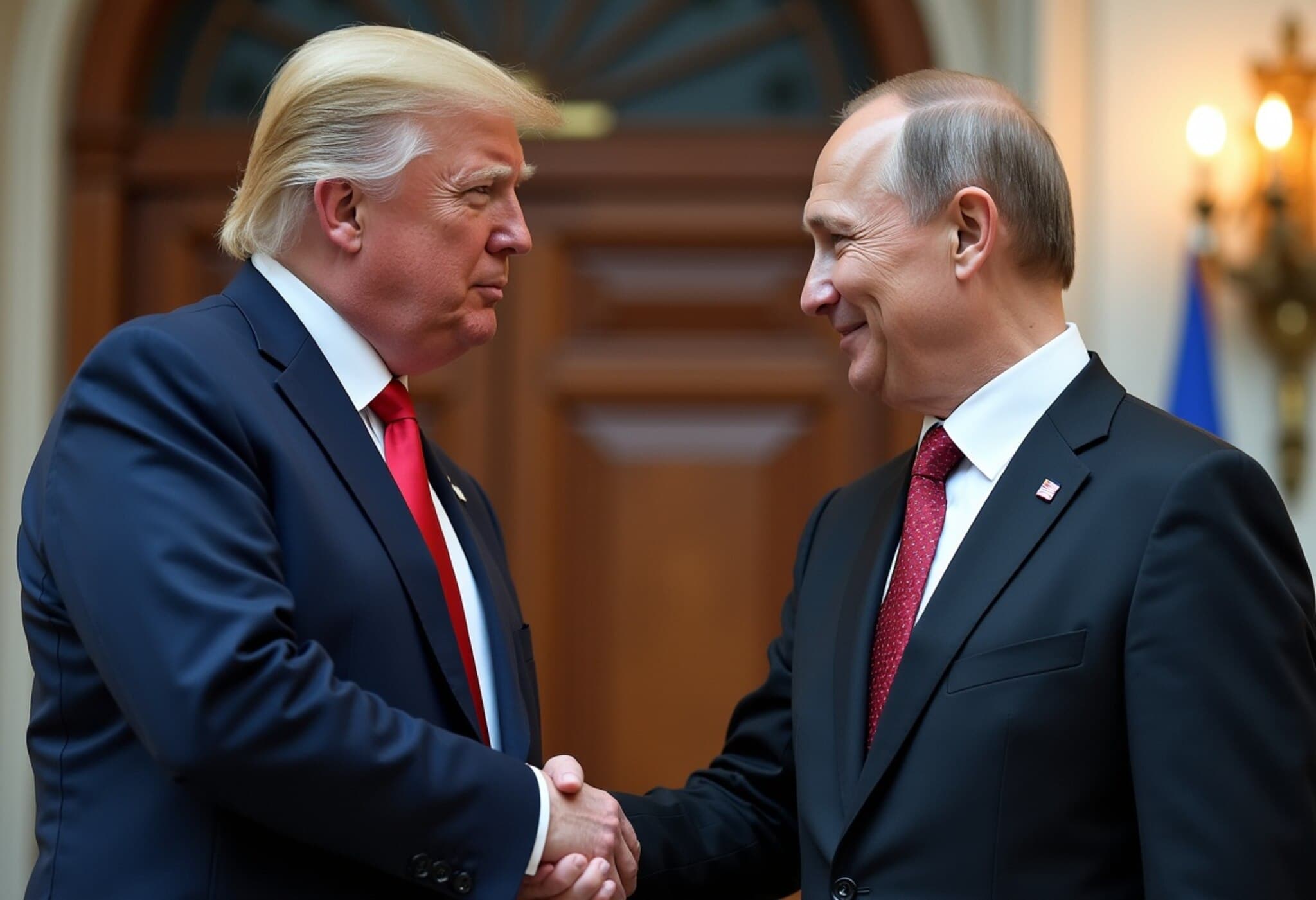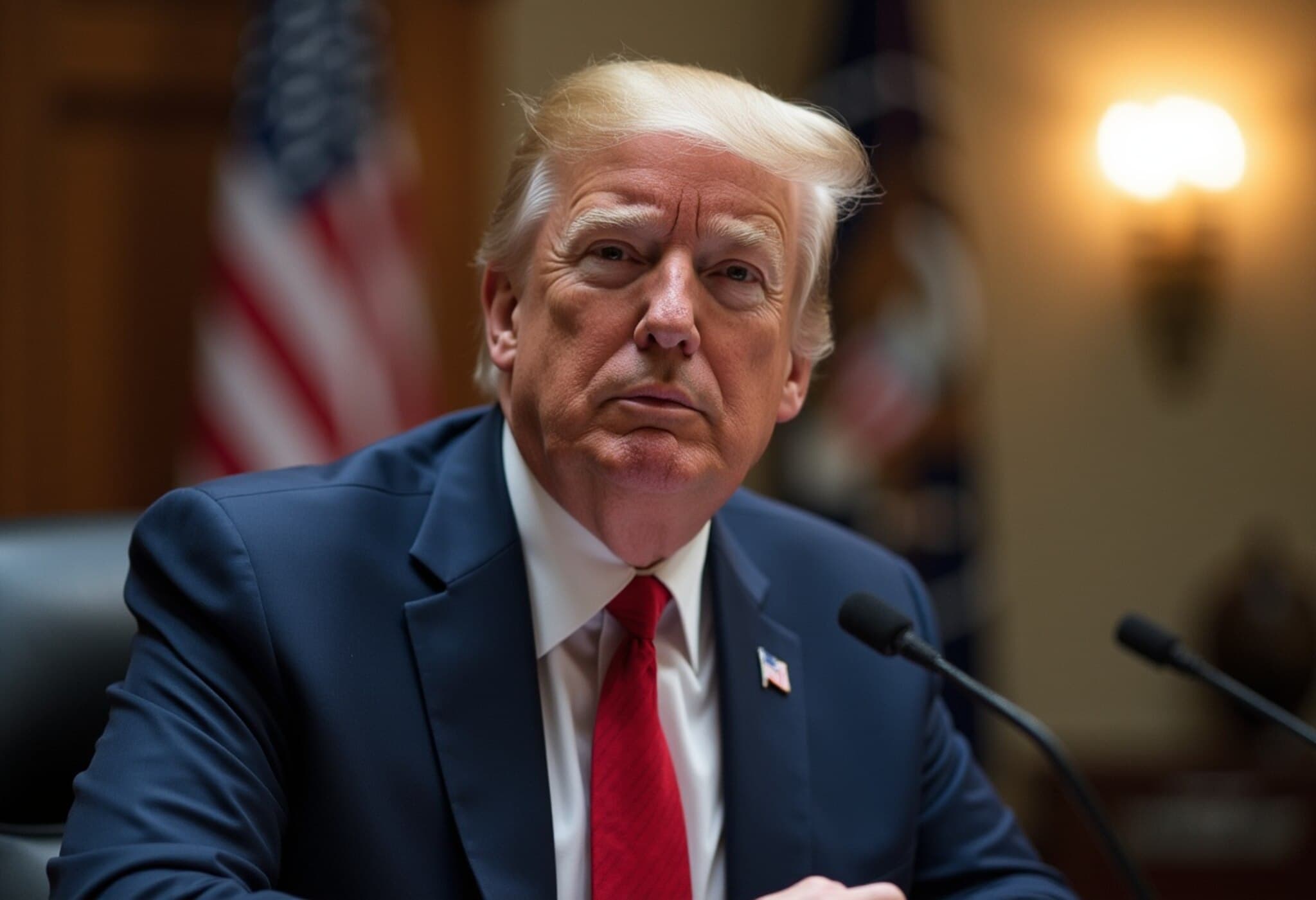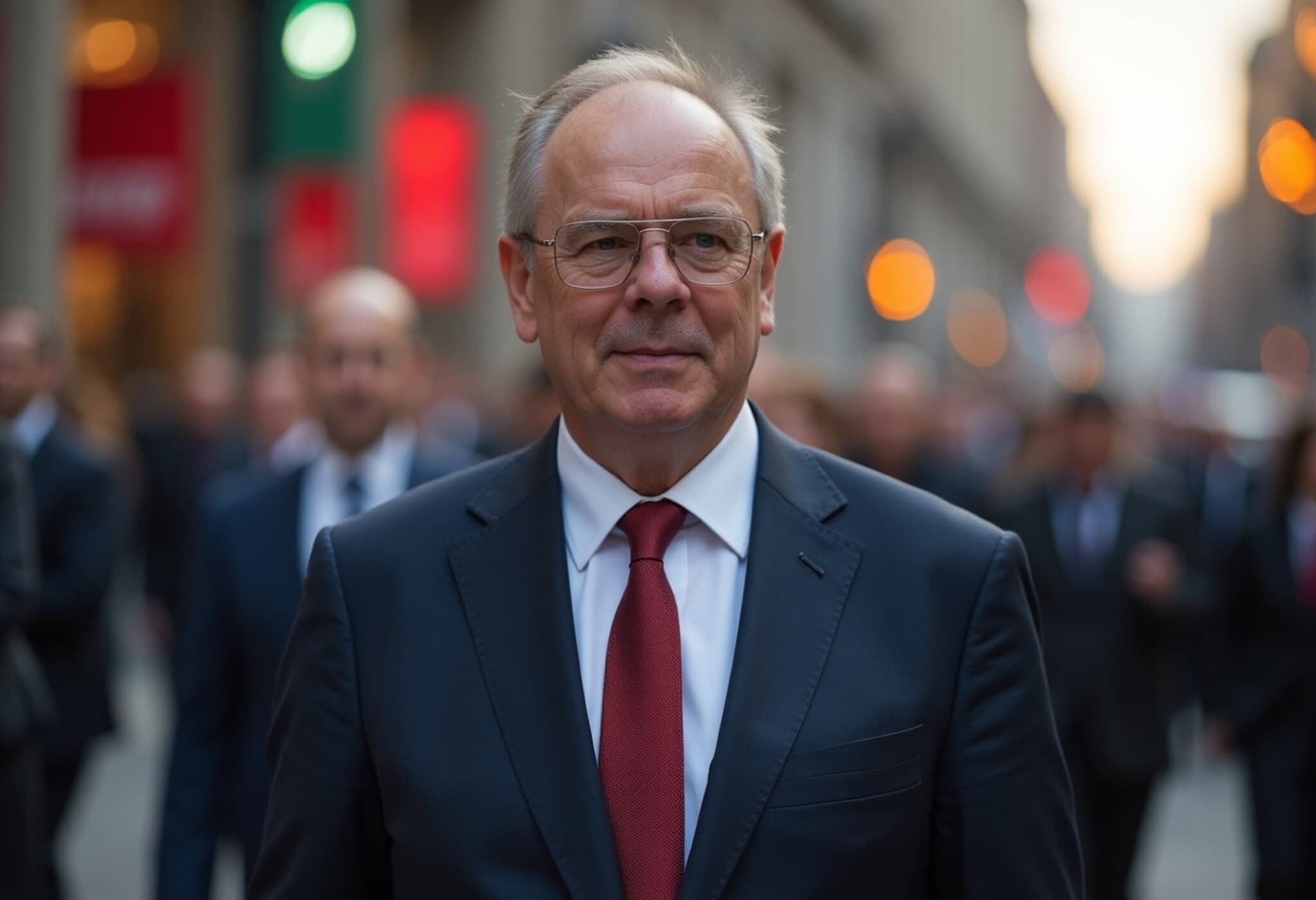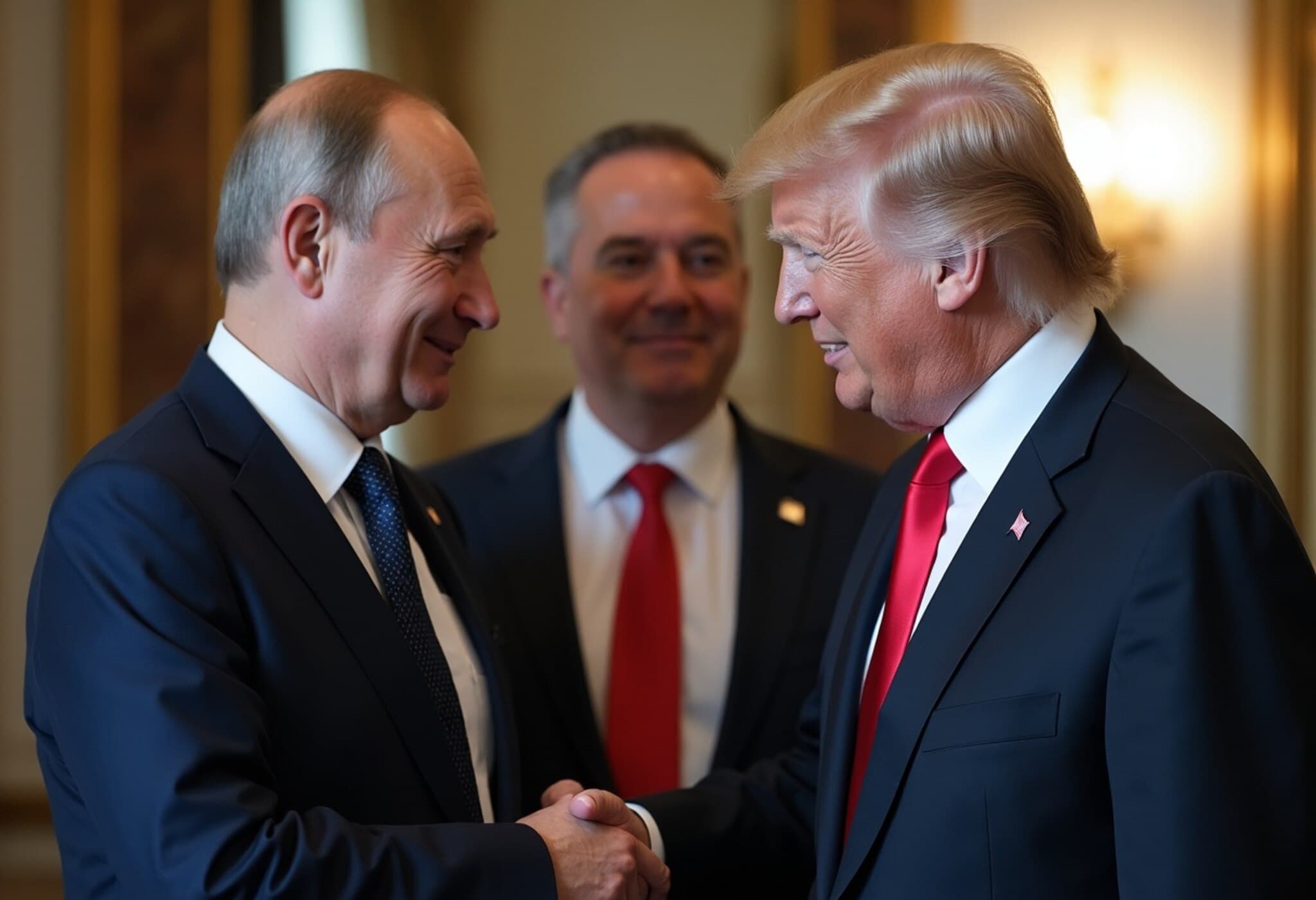Putin Shares Details of Historic Trump Meeting with Belarus and Kazakhstan Leaders
In a rare move signaling potential thawing in a prolonged conflict, Russian President Vladimir Putin held talks on Sunday with Belarusian President Alexander Lukashenko and Kazakhstan’s Kassym-Jomart Tokayev. The discussions centered on Putin’s recent summit with then-U.S. President Donald Trump in Alaska—an encounter Moscow describes as a crucial step toward peace in Ukraine.
The Alaska Summit: A Phone Call for Peace Amid Tensions
Held on August 15, 2025, the Alaska summit was the first high-level U.S.-Russia meeting in over four years, capturing considerable global attention. Following the gathering, Putin conducted extensive consultations with senior Kremlin officials, describing the talks as “timely and very useful.” He emphasized that both sides explored possibilities to end the war “on a fair basis” and addressed the deep-rooted causes of the ongoing Ukrainian conflict.
“We have not had direct negotiations of this kind at this level for a long time,” Putin stated. “There was an opportunity to calmly and in detail once again set out our position.” He also acknowledged respect for the U.S. administration’s desire to see a swift conclusion to military actions in the region, expressing Russia’s own willingness to pursue peaceful resolutions.
Regional Allies Briefed: Belarus and Kazakhstan’s Perspectives
Putin’s outreach to Belarus and Kazakhstan underlines the geopolitical significance of his summit with Trump. Belarusian President Lukashenko’s press service confirmed the detailed briefing, signaling Minsk’s vested interest in the conflict’s progression and potential resolution pathways.
Similarly, Kazakhstan’s press service noted that the talks helped foster “a better understanding of the American side of the Russian position on Ukraine.” This interaction highlights Kazakhstan’s role as a regional mediator and reflects the broader Central Asian stake in Eurasian security dynamics.
Expert Insight: What Does This Mean for Ukraine and Global Diplomacy?
From a policy analysis standpoint, this summit and ensuing diplomatic briefings mark more than mere political theater. For over three years, the war in Ukraine has devastated the region, leading to economic sanctions on Russia, a humanitarian crisis, and strained international relations.
Engaging regional powers like Belarus and Kazakhstan is critical for any comprehensive peace initiative, given their strategic locations and political ties to Moscow. This trilateral communication could lay groundwork for broader negotiations, potentially involving other stakeholders such as the European Union and NATO.
However, experts warn against over-optimism. Skepticism surrounds whether these talks will translate into concrete ceasefire agreements or merely serve as diplomatic posturing ahead of future conflicts. The phrase “on a fair basis” used by Putin remains deliberately vague, raising questions about what compromises either side may realistically accept.
Underreported Narratives: The Human Cost and Economic Stakes
- Humanitarian Impact: Millions of civilians remain displaced within Ukraine and neighboring countries, a crisis that requires immediate diplomatic and humanitarian solutions beyond political statements.
- Economic Consequences: Prolonged conflict has disrupted global markets, especially energy supplies and grain exports, illustrating how a localized war can ripple into worldwide economic instability.
- Russia’s Domestic Audience: Communicating progress to allies underscores the Kremlin’s interest in maintaining domestic support amid growing economic pressures at home, especially after Western sanctions.
Looking Ahead: The Fragile Path Toward Peace
The Alaska summit and Putin’s subsequent discussions with Belarus and Kazakhstan represent cautious steps toward dialogue but leave several pressing questions unanswered. Can these talks overcome entrenched positions? Will regional players exert constructive influence or harbor divergent agendas? And ultimately, can diplomacy reconcile the immediate demands for security with long-term political solutions?
As global eyes remain fixed on Eastern Europe, these meetings illustrate both the challenges and occasional openings present in modern conflict resolution. Navigating this complex landscape will require sustained engagement, transparency, and a shared commitment to peace—qualities that, until now, have been elusive.
Editor’s Note
This recent round of high-level talks highlights a nuanced chessboard of diplomacy involving major powers and their regional allies. While describing the discussions as “useful” signals some breakthrough, the vagueness surrounding specific outcomes invites cautious analysis. For readers seeking to understand the future trajectory of Ukraine’s conflict, the role of Belarus and Kazakhstan—often overshadowed in Western discourse—emerges as a key pivot point. The coming weeks will test whether words translate into meaningful action or merely delay an inevitable confrontation.

